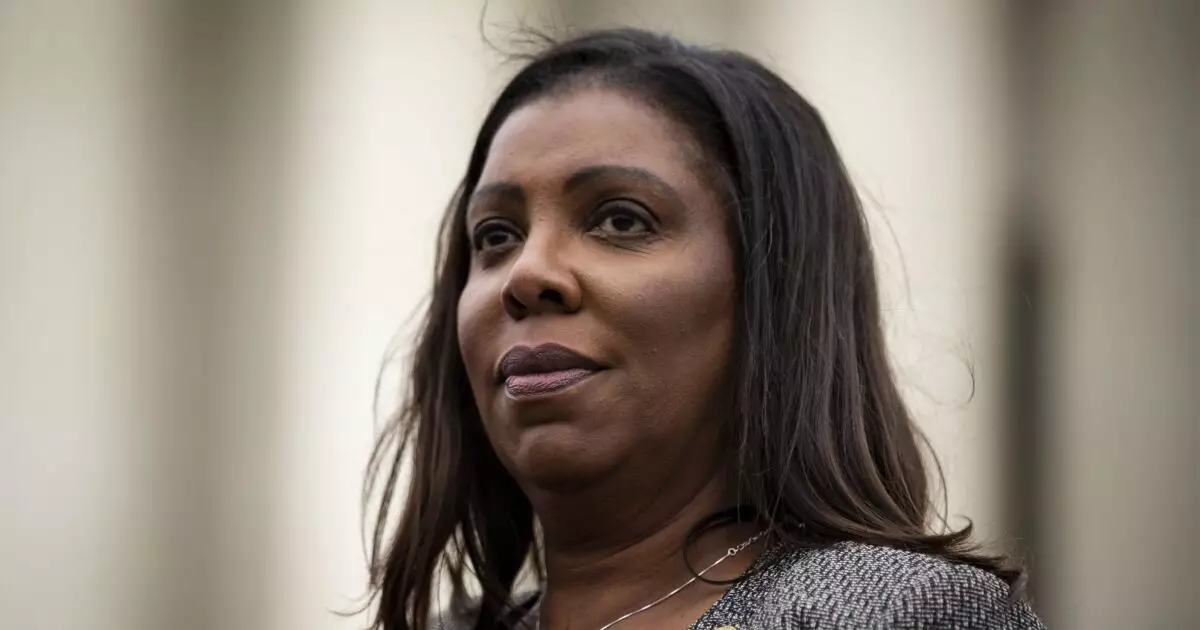The recent court ruling in a Rhode Island district regarding the Trump administration’s handling of federal funding highlights the ongoing tensions between state governments, particularly those led by Democrats, and federal executive authority. This situation not only raises fundamental questions about the legitimacy of funding freezes but also exposes the broader implications for governance and the rule of law in the face of partisan politics.
On Monday, District Judge John McConnell unequivocally stated that the Trump administration had breached his earlier directive to restore federal funding to several states. This decision stems from a notable memo issued by the Office of Management and Budget (OMB) on January 27, which effectively froze federal funds to states and cities, leading to considerable backlash from multiple Democratic state attorneys general. The comprehensive nature of this funding freeze prompted the lawsuit that Judge McConnell addressed, reflecting the increasing frequency with which courts are being called upon to adjudicate matters of federal overreach, especially under a contentious administration.
McConnell’s ruling was grounded in constitutional principles, underscoring that the sweeping nature of the funding freeze was likely unconstitutional. He articulated that while the administration’s stated goal of combating fraud was ostensibly valid, the directive to freeze funds was overly broad and lacked specificity. The implications of such a ruling extend beyond immediate financial relief; they encapsulate a growing judicial assertion of the balance of power between state and federal authorities.
This legal confrontation can be viewed within a broader historical context of federal-state relations in the United States, particularly during periods of divided government. Following the 2016 election, state governments led by Democratic governors found themselves frequently at odds with the federal executive led by Donald Trump. Actions taken by the Trump administration, such as the freezing of funds associated with the Green New Deal and various environmental initiatives, have led to accusations of targeting states for their ideological stance.
The challenge extends beyond mere funding; it raises pressing concerns regarding the administration’s willingness to use financial mechanisms as a form of political retribution. The political implications are considerable; they provoke questions about the extent to which federal authority can exercise control over state policies, particularly in areas like infrastructure and environmental protection that have direct repercussions on state governance.
The recent lawsuits filed by a coalition of non-profits and Democratic states signify not only legal action but also a broader movement against perceived federal overreach. These coalitions illustrate the mobilization of various societal sectors in response to executive actions they view as harmful to public interests. The intertwining of legal battles and activism reflects a judicial landscape increasingly populated by challenges to executive power.
Moreover, these legal disputes often hinge on interpretations of executive authority and the constitutional implications of such interpretations. For instance, the temporary restraining order issued by Judge McConnell provides a clear window into the courts’ role in checking executive actions that may infringe upon established rights and powers. As seen in related cases, such as those challenging access to the Treasury Department’s data systems, the judiciary becomes a critical arbiter in defining the boundaries of government authority.
Looking ahead, the legal landscape surrounding federal funding and executive authority is likely to evolve as additional hearings and rulings occur. The anticipated hearing on February 14 will further clarify whether the administration maintains its stance against such judicial actions and how it will navigate its authority concerning state governance. Given the current polarization in U.S. politics, the implications of these court decisions will be far-reaching, influencing not only federal funding protocols but also the dynamics of future political landscapes.
The recent court rulings regarding federal funding under the Trump administration highlight critical constitutional questions and the necessity of judicial checks on executive power. The interplay between state governments and federal authorities will continue to shape U.S. governance, necessitating a vigilant examination of the legal frameworks that underpin these disputes. As the political climate persists in dividing governance along partisan lines, the courts stand as a pivotal arena for resolving conflicts that influence the well-being of American citizens and the integrity of democratic institutions.

